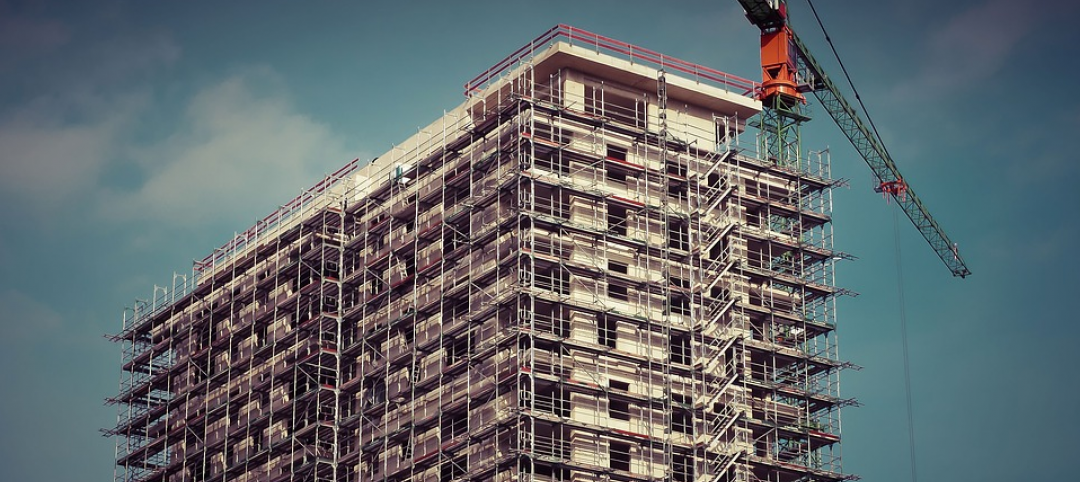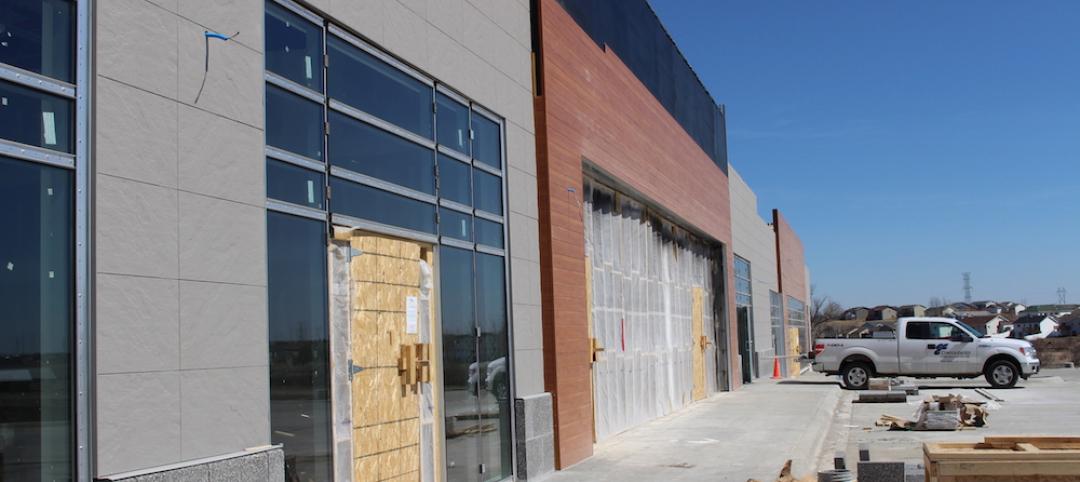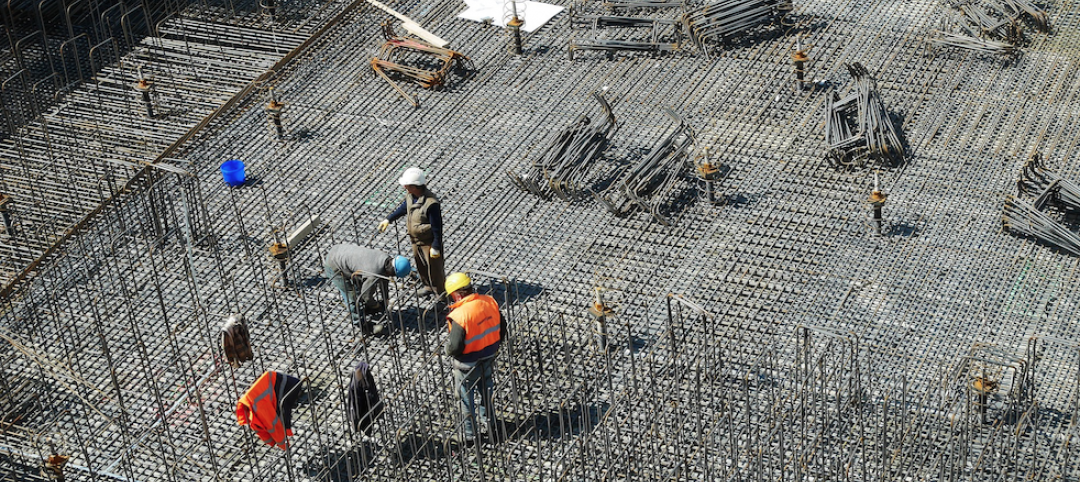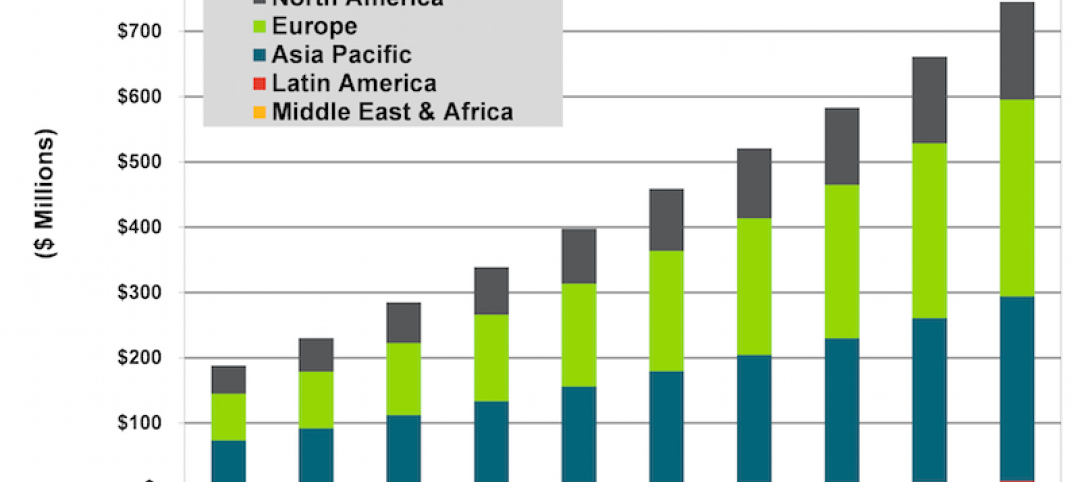Construction employment increased by 158,000 jobs in June, but employment related to infrastructure slipped, according to an analysis by the Associated General Contractors of America of government data released today. Association officials cautioned that additional infrastructure-building job losses are inevitable unless the federal government replenishes depleted state and local budgets for roads and other public works.
“The gain in construction employment in June was concentrated in homebuilding, with scattered increases in nonresidential building, while heavy and civil engineering construction employment—the category that includes many highway and other infrastructure workers—shrank by nearly 10,000 jobs,” said Ken Simonson, the association’s chief economist. “Unfortunately, those infrastructure-related jobs are likely to keep declining as state and local governments postpone or cancel projects in order to cover the huge budget deficits they are facing in the fiscal year that began for many agencies on July 1.”
Simonson noted that the association’s latest survey, conducted June 9-17, found that almost one out of three contractors reported a project that was scheduled to start in June or later had been canceled. He added only one-fifth of firms reported winning new or expanded projects, a share that had held steady since April.
Despite adding 158,000 jobs in June and 453,000 jobs in May, construction employment in June remained 330,000 jobs or 4.4% below the June 2019 level. The heavy and civil engineering construction segment of the industry lost 9,700 jobs in June and 60,100 jobs (-5.6%) over the year. Nonresidential building construction employment increased by 13,100 for the month but declined by 47,000 jobs (-5.5%) over 12 months. Employment among nonresidential specialty trade contractors rose by 71, 300 in June but decreased by 140,000 (-5.2%) from a year earlier.
Job losses were milder in the residential side of construction. Residential building firms added 19,100 employees in June but lost 21,000 positions (-2.6%) over 12 months. Residential specialty trade contractors added 64,100 employees last month but lost 63,000 workers (-3.0%) over the year.
The industry’s unemployment rate in June was 10.1%, with 962,000 former construction workers idled. These figures were two and one-half times as high as in June 2019 and were the highest June levels since 2012.
Association officials said the best way to avoid the expected future construction job losses is for federal officials to quickly enact and implement funding for infrastructure, including highway, bridges, waterways and airports. They noted that the Moving Forward Act passed by the U.S. House of Representatives on Wednesday was a first step in that direction but that a more bipartisan approach is needed for funding to become law.
“We urge officials of both parties, both sides of Capitol Hill, and the Administration to come together promptly on meaningful increases in infrastructure funding,” said Stephen E. Sandherr, the association’s chief executive officer. “Without quick action, the job gains of the past two months will be lost, along with the opportunity to start on improving the nation’s infrastructure at a time when labor availability is high and materials and borrowing costs are low.”
Related Stories
Market Data | Jun 14, 2016
Transwestern: Market fundamentals and global stimulus driving economic growth
A new report from commercial real estate firm Transwestern indicates steady progress for the U.S. economy. Consistent job gains, wage growth, and consumer spending have offset declining corporate profits, and global stimulus plans appear to be effective.
Market Data | Jun 7, 2016
Global construction disputes took longer to resolve in 2015
The good news: the length and value of disputes in the U.S. fell last year, according to latest Arcadis report.
Market Data | Jun 3, 2016
JLL report: Retail renovation drives construction growth in 2016
Retail construction projects were up nearly 25% year-over-year, and the industrial and office construction sectors fared well, too. Economic uncertainty looms over everything, however.
Market Data | Jun 2, 2016
ABC: Nonresidential construction spending down in April
Lower building material prices, a sluggish U.S. economy, and hesitation among private developers all factor into the 2.1% drop.
Market Data | May 20, 2016
Report: Urban area population growth slows
Older Millennials are looking to buy homes and move away to more affordable suburbs and exurbs.
Market Data | May 17, 2016
Modest growth for AIA’s Architecture Billings Index in April
The American Institute of Architects reported the April ABI score was 50.6, down from the mark of 51.9 in the previous month. This score still reflects an increase in design services.
Market Data | Apr 29, 2016
ABC: Quarterly GDP growth slowest in two years
Bureau of Economic Analysis data indicates that the U.S. output is barely growing and that nonresidential investment is down.
Market Data | Apr 20, 2016
AIA: Architecture Billings Index ends first quarter on upswing
The multi-family residential sector fared the best. The Midwest was the only U.S. region that didn't see an increase in billings.
Building Technology | Apr 11, 2016
A nascent commercial wireless sensor market is poised to ascend in the next decade
Europe and Asia will propel that growth, according to a new report from Navigant.
Industry Research | Apr 7, 2016
CBRE provides latest insight into healthcare real estate investors’ strategies
Survey respondents are targeting smaller acquisitions, at a time when market cap rates are narrowing for different product types.

















